
Meet this year's Grossmont College "One Book, One Campus" Committee.
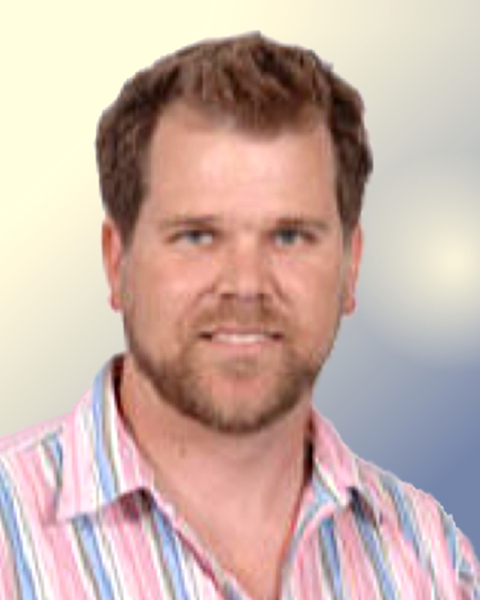 |
Tate Hurvitz, Ph.D., PROJECT DIRECTOR, teaches the English portion in several interdisciplinary learning communities, both at the developmental and transfer levels, in Grossmont College’s interdisciplinary learning communities program, The Freshman Academy. These links have included collaborations with mathematics, science, communication, child development, art, and nursing. This program, which he also co-coordinates, is designed to help students succeed by creating a learning environment in which students develop their capacity to identify and apply academic skills across disciplines. He is proud to serve on the state-wide California Learning Communities Consortium (CLCC) leadership counsel, helping to plan and coordinate professional development opportunities. He is also a fellow at the San Diego Center for Ethics in Science and Technology, participating on its strategic planning committee and directing its writing group which contributes opinion/editorial pieces about current science and technology issues for local news outlets. |
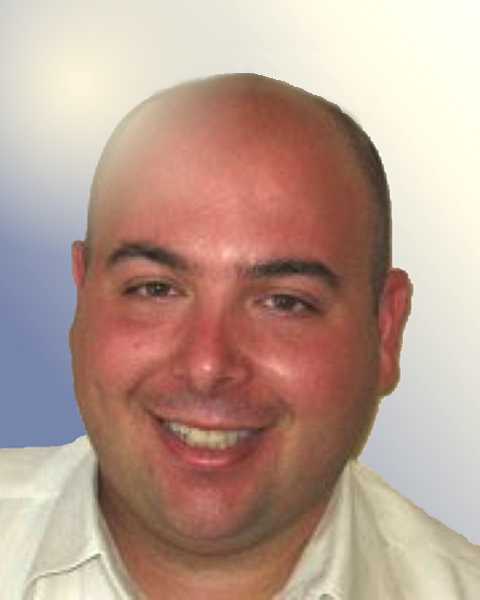 |
Michael Catanzaro is Director of Sustainability at University of San Diego. Catanzaro has been at the University of San Diego since 1996. As an undergraduate student he studied political science. He joined the university in the student affairs department as the assistant to the dean. Upon completion of his Master's in Leadership Studies in 2001, he moved over to the Finance and Administration division as special projects coordinator. His initial project was research and development of the One Stop Center and he has subsequently helped coordinate the master planning process for the University of San Diego. In April of 2009 he was named by Provost Julie Sullivan as Interim Director of Sustainability. During this time his accomplishments include the selection of a solar vendor for the campus, bringing the largest solar installation to a private college/university in the nation as well as securing a partnership with SDG&E for more than $600,000 during the next three years. |
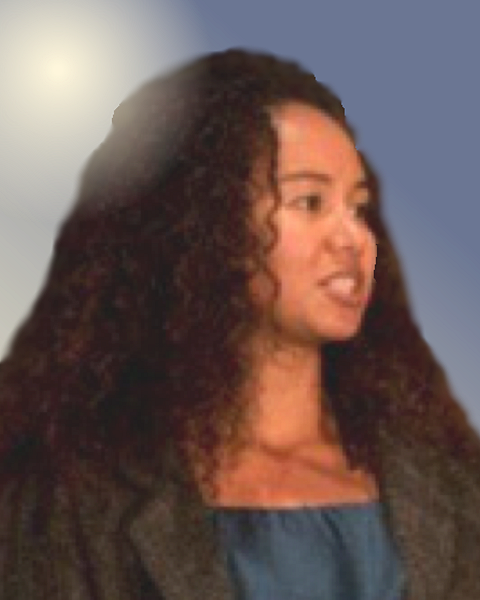 |
Melanie Chu is Outreach Librarian, MLIS, at the Kellogg Library, California State University San Marco. Teach students how to research. Coordinate outreach initiatives, including the Contextual Library Series, to reach targeted populations on campus and in the community. Develop the library's collection in Anthropology, Border Regional Studies, Ethnic Studies, Geography, and Native Studies. Participate in library and university governance. Contribute to professional literature, associations, and conferences. She is a member of Association of College and Research Libraries, California Academic and Research Libraries, Diversity in Academic Libraries, and the American Library Association. |
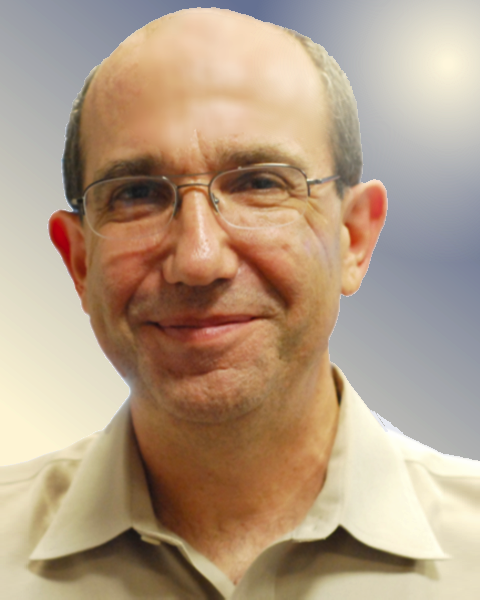 |
Michael Kalichman, Ph.D. is a co-founder of the Center for Ethics in Science and Technology and founding director of the UC San Diego Research Ethics Program. Since 1988, he has taught seminars and courses to help UCSD comply with National Institutes of Health (NIH) requirements for training in the responsible conduct of research. Kalichman has been a consultant or speaker on the topic of research ethics for both national and international workshops and advisory groups, including panels and conferences for the American Association for the Advancement of Science, National Academy of Sciences, NIH, and the Office of Research Integrity. He has taught or co-taught numerous courses for instructors of research ethics courses. He is project director for a Web-based resource for instructors of courses in the responsible conduct of research (research-ethics.net) and directs NIH- and NSF-funded projects on teaching of research ethics. Kalichman is also the founding leader for the Responsible Conduct of Research Education Committee of the Association for Practical and Professional Ethics, and the founding director of the San Diego Research Ethics Consortium (sdrec.ucsd.edu). |
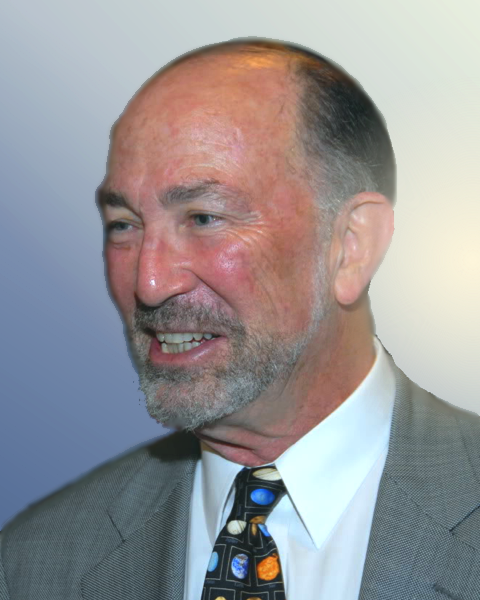 |
Jeffrey W. Kirsch, Ph.D. has been the Executive Director of the Reuben H. Fleet Science Center since 1983. Dr. Kirsch represents the Fleet in the Balboa Park Cultural Partnership (BPCP), a new public benefit, not-for-profit organization he helped found in 2002. The BPCP seeks to help each institution achieve its full potential through collaborations with other Park institutions and to enhance the role of the Park as the City’s cultural center. He served as the BPCP representative of large institutions on the City’s Balboa Park Committee. Dr. Kirsch is Chairman of the Museum Film Network (MFN), an international association of 15 museums, which develops and sponsors high quality IMAX films for the worldwide community of giant screen theaters. He also is co-chair of the International Advisory Board of the global Association of Science and Technology Centers (ASTC) and is co-chair of the educational committee for ASTC’s International Global Warming Awareness (IGLO) program. Dr. Kirsch is very interested in the transformation of science and science communications due to the advent of computer graphics and new digital techniques for immersive science visualization. Dr. Kirsch's first career path was in the physical sciences, rocketry, and aerospace engineering, having received his undergraduate education at Princeton University (B.S.E. in 1962), his M.S.A.E. at the University of Southern California (1963), and his doctorate in Aerospace Engineering from the University of Southern California (1969). After ten years in aerospace research his deep interest in science communications led him into a career in public broadcasting as Executive Producer and Director of the KPBS-TV Science Center in San Diego. Over a nine-year period, Dr. Kirsch was responsible for science-oriented program production. He led efforts that resulted in national programming slots and a number of award-winning TV documentaries on subjects dealing with issues affecting relationship between Science and Society. |
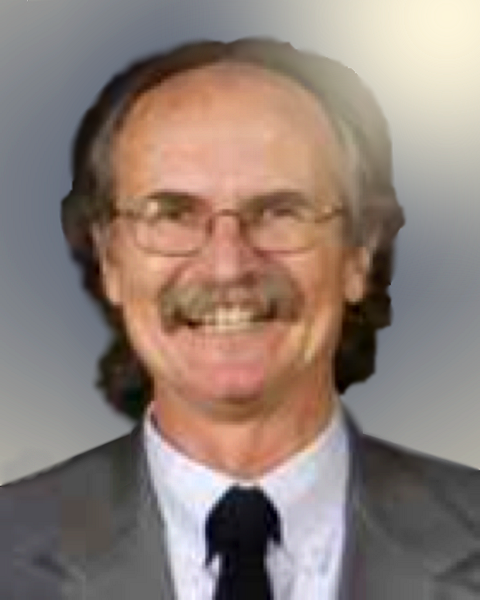 |
Stanley Maloy, Ph.D. is Professor of Microbiology and Dean, College of Sciences, San Diego State University. Stanley obtained an MS in Microbiology from California State University, Long Beach, followed by a PhD in Molecular Biology and Biochemistry from the University of California at Irvine. After a postdoctoral fellowship in Microbial Genetics at the University of Utah, he accepted a faculty position at the University of Illinois in Urbana-Champaign (UIUC) where he progressed through the ranks from Assistant Professor to Professor of Microbiology. He also served as Director of the University of Illinois Biotechnology Center. In 2002 he moved to San Diego State University as founding Director of the Center for Microbial Sciences, and later became Dean of the College of Sciences. From 2004-2007 Stanley served as President-Elect, President, then Past-President of the American Society for Microbiology (ASM). For many years he also chaired the ASM committee on communicating science to the public. He has served on numerous advisory panels for federal and international funding agencies, and has testified before the House Appropriations Committee about federal funding for scientific research. He have worked with large and small biotechnology, pharmacology, and agricultural companies. He has organized numerous international courses and conferences in the US, Europe, Latin America, and Asia. He is the author of several books including a book for the general public, and has been honored by several awards for teaching. Stanley has been interested in Scientific Ethics for many years. While at UIUC he started a graduate course on research ethics. He has participated in training programs in research ethics at the University of Indiana, and been on several advisory panels for the National Science Advisory Board on Biosafety. His research focuses on the evolution of infectious diseases, and the development of new antibiotics and vaccines. |
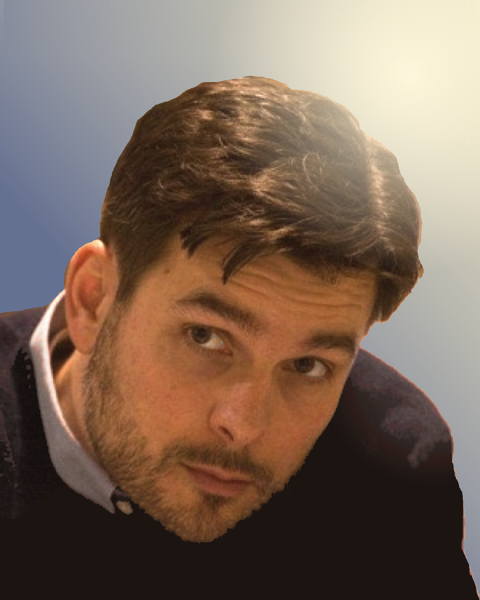 |
Mark H. Mann, Ph.D. has served as Associate Professor of Theology and Director of the Wesleyan Center for Interdisciplinary Studies at Point Loma Nazarene University since 2008. Previous to this, Mark was a faculty member at Colgate University, where he also served as chaplain (he has been actively involved in church ministry since the early 1990s). Mark's chief area of scholarly interest is Christian theology in its engagement with contemporary culture, science, and world religions, as expressed in his "Perfecting Grace: Christian Holiness and the Human Sciences" (Continuum, 2007). |
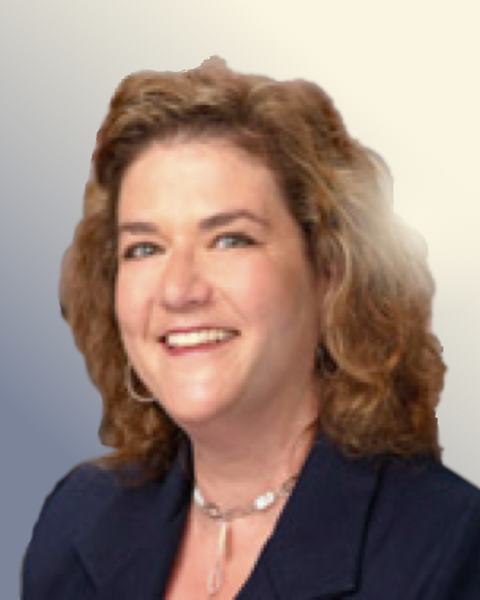 |
Sandra Sgoutas-Emch, Ph.D. is a professor of psychology and Director of the University of San Diego's Center for Educational Excellence. She has been a professor at the university since 1992. During her tenure at USD, she has also been the director of the gender studies program. She teaches courses in health psychology and biopsychology. Dr. Sgoutas-Emch has research interests in the efficacy of alternative medicine, the impact of stress, and women’s health issues. Dr. Sgoutas-Emch is also a CO_PI on the AFFIRM grant, a four year award funded through the NSF ADVANCE program has three primary goals. It will foster an environment that understands, embraces, and supports a diverse faculty, recruit women faculty (with a particular emphasis on women of color), and support the retention and advancement of female faculty. Dr. Sgoutas-Emch’s areas of research interest include the impact of stress, women’s health and the efficacy of alternative medicine. She has published in a variety of journals including Psychophysiology, the Journal of Instructional Psychology, and the Journal of Religion and Health. She is currently working on a project that examines the impact of stress on our campus particularly in under-served students. The results will be implemented in a strategic plan for the university to help students deal with the stress they are experiencing. Her work also includes examination of best pedagogies for teaching courses such as statistics and biopsychology. Other studies have examined the psychosocial factors that are related to women’s experiences with their menstrual cycles and the efficacy of alternative medicine to help relieve pain. Dr. Sgoutas-Emch teaches courses in both biopsychology and health psychology areas. She has developed courses on stress and such specialty areas such as hormones and behavior and brain, behavior and immunology. She is affiliated with both the gender studies and Ethnic Studies programs and teaches courses that focus on diversity issues. She has a long history of incorporating community service learning in her classes. Dr. Sgoutas-Emch has been the recipient of the innovation in experiential education award at the university and in 2007 received a faculty fellowship from California Campus Compact and the Carnegie Foundation for incorporating political engagement in the classroom. |
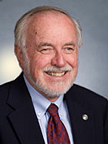 |
David Woodruff, Ph.D. is Director of the Sustainability Solutions Institute, UC San Diego. He received his Ph.D. and D.Sc. from the University of Melbourne, Australia. He spent the period 1969-74 at Harvard University where he was a Frank Knox Fellow and an Alexander Agassiz Lecturer on Biogeography. He served as the founding Chair of the Ecology, Behavior & Evolution Section at UCSD, and is currently a Trustee of the Zoological Society of San Diego and fosters research and conservation at the San Diego Zoo, Wild Animal Park and Center for Research on Endangered Species. |
Tate Hurvitz
Project Director
Email: Tate.Hurvitz@gcccd.edu